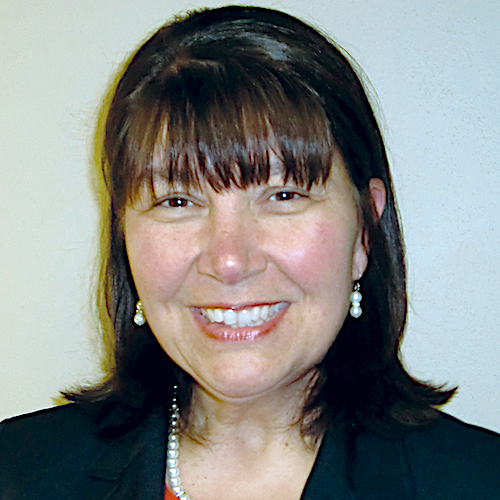
Last year ushered in a truly world-changing pandemic. The effects on senior living were nothing less than a wallop of extraordinary significance.
Leadership teams and community-based associates learned new approaches seemingly every day as guidance at the national and state levels was rapidly evolving and demanded not only their prompt attention but their resilience and fortitude to keep going.
Families lived in fear and frustration as visits were restricted and their loved ones literally were beyond their reach. Day after day, there seemed to be no end in sight.
A little more than a year later, things are dramatically different in many promising ways. Although we must remain vigilant, we can take a moment to reflect.
The long-term care industry led the way in COVID vaccinations as part of the phase 1 roll out. Skeptics needed to look no further than the precipitous drop in COVID-19 cases within assisted living communities and skilled nursing facilities to see the impact of highly effective and safe vaccines.
Life within the communities feels a bit more normal as restrictions related to visitation, dining and activities are easing. What remains important and true is the focus on essential components of senior living: communication, socialization and engagement, infection prevention and control, health surveillance and technology, and teamwork.
Senior living beyond the pandemic may not look too different externally from its pre-pandemic reality, but internally, there will be an effect from lessons learned in each of these six areas.
Communication must be swift, timely and transparent. Methods of communication have to be comprehensive and creative, making use of new technology to maintain connections among the community team, between the community team and families, and between families and residents.
Communication with healthcare providers was and will continue to be of critical importance. We learned during the pandemic that virtual visits (for instance, telehealth) are a vital, efficient and effective component of healthcare providers’ involvement in the oversight of the healthcare needs of residents.
Socialization and engagement and its profound effect on quality of life was felt deeply during the pandemic, prompting us to stretch our creativity to include innovative, person-centered approaches for one-on-one and small-group programming that kept minds, muscles and emotions in good form. These approaches will increase and move to an even deeper appreciation of the mind–body connection as well as the understanding that a broken spirit is as concerning as a broken bone.
Infection prevention and control practices were heightened along with heightened expectations by families and increased scrutiny by regulators that will not go away any time soon. Senior living communities will need to have solid infection control guidance in their daily practices — along with resources in the form of subject matter experts, equipment and supplies — to meet these standards and expectations. Look for job descriptions to include expectations around knowledge and oversight.
Health surveillance and technology appropriately took center stage when early identification of symptoms became essential in slowing the spread of COVID-19 and reducing the likelihood of negative outcomes. Technology solutions increased in this area to help track, trend and audit resident symptoms and also assist with associate and essential visitor screening. This use likely will remain a mainstay and increase in application and level of sophistication.
Teamwork was never more important than during the pandemic, and that will continue to be the case. Recruiting and retaining essential team members proved to be a challenge of even greater proportions during the pandemic and one that the entire long-term care industry simply cannot seem to overcome.
Compelling recruitment and retention platforms need to be explored, including creative scheduling, meaningful employee engagement programs, and career pathways beginning in high school for caregivers to grow into leadership roles, including executive directors and nurses.
Growth through these challenging times will benefit us all and make senior living an even better choice than it always has been.
Sharon Roth Maguire, MS, RN, GNP-BC, is chief clinical officer and senior vice president of wellness, care and quality at Eclipse Senior Living.


